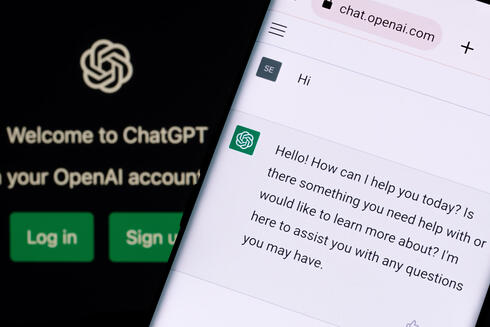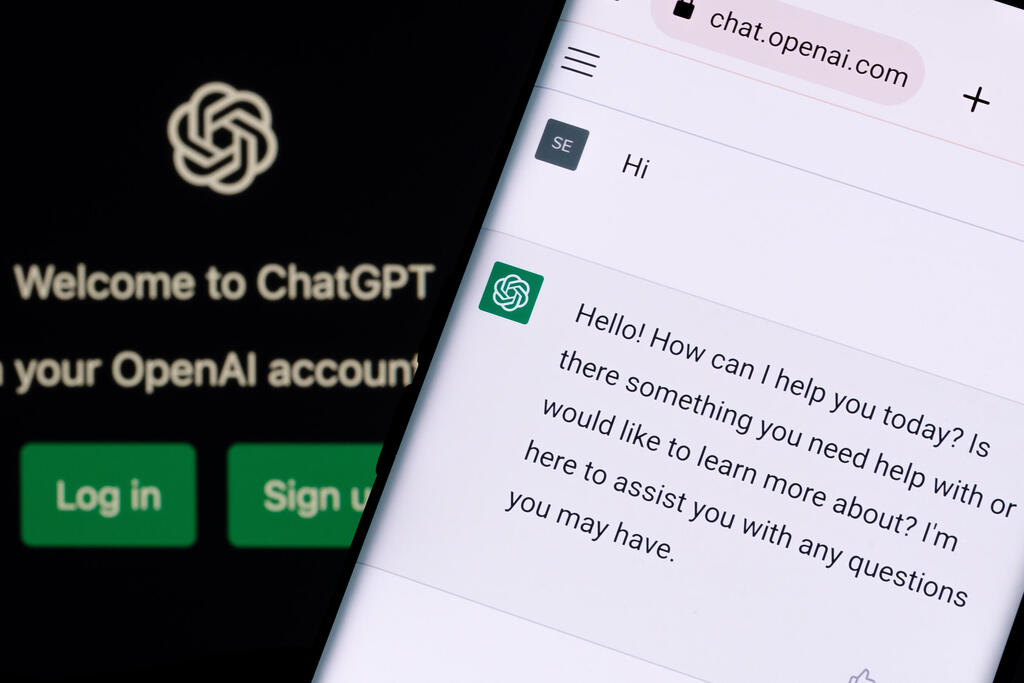
OpenAI backs off for-profit pivot—but what’s really changing?
As SoftBank and Microsoft watch closely, critics warn of mission drift and opaque governance.
OpenAI has backed away from a sweeping restructuring plan, opting instead to keep its nonprofit parent in control—a move that likely curtails CEO Sam Altman's power over the maker of ChatGPT.
The announcement comes amid mounting criticism and legal challenges, including a high-profile lawsuit by co-founder and rival Elon Musk, who alleges that OpenAI has strayed from its original mission to develop artificial intelligence for the benefit of humanity.
"OpenAI was founded as a non-profit, is today a non-profit that oversees and controls the for-profit, and going forward will remain a non-profit that oversees and controls the for-profit. That will not change," Altman wrote in a blog post on Monday.
In December, OpenAI had proposed converting its for-profit arm into a public benefit corporation (PBC)—a structure that blends profit-making with social goals. Under that plan, the nonprofit would have retained a large equity stake but would have ceded control to the new corporate structure.
On Monday, however, OpenAI reversed course, stating that the nonprofit will remain in control of the PBC and become a major shareholder. The company will still pursue structural changes to allow for greater capital-raising as it races to stay competitive in the AI boom.
The original move toward a PBC was designed to attract more funding and free OpenAI from constraints tied to its nonprofit status. But it raised alarm about how the company would balance investor interests with its public-interest mission, and whether the nonprofit would receive a fair share of future AI assets.
"We made the decision for the nonprofit to stay in control after hearing from civic leaders and having discussions with the offices of the Attorneys General of California and Delaware," said Bret Taylor, chairman of OpenAI’s board. He added that the updated plan preserves a governance model “extremely close” to the current structure.
Altman described the revised plan as a compromise that satisfies investors. “They’re happy to continue to fund us to the degree we think we will need,” he said. OpenAI will work with its major backer Microsoft, regulators, and newly appointed nonprofit board members to finalize the structure and determine equity allocations.
“This clears the bar we need to meet in order to fundraise,” Altman added, noting there would be “no changes to any existing investor relationships” and confirming that OpenAI still plans to lift profit caps for investors.
Yet key questions remain. It’s unclear what precisely is changing, and how much authority the nonprofit will retain under the revised plan. Currently, the nonprofit fully owns the for-profit entity, and its board’s legal mission is to ensure that artificial general intelligence (AGI) benefits all of humanity—not just shareholders.
“We’re glad that OpenAI is listening to concerns from civil society,” said Page Hedley, a former OpenAI policy and ethics adviser and lead organizer of the group Not For Private Gain. “But will OpenAI’s commercial goals remain legally subordinate to its charitable mission? Who will own the technology it develops? The 2019 restructuring made the mission's primacy clear, but this new plan doesn’t.”
Hedley also warned that under a PBC model, the board could be obligated to prioritize shareholder value, undermining OpenAI’s founding principles.
Amid the expensive global race to develop AGI—AI that surpasses human intelligence—OpenAI is seeking to attract tens of billions in new investment. In March, it announced plans to raise up to $40 billion in a SoftBank-led round at a $300 billion valuation. That funding was contingent on OpenAI transitioning to for-profit status by year-end.
The for-profit push also played a central role in a dramatic boardroom battle in November 2023, when nonprofit board members ousted Altman over a breakdown in communication and concerns about governance. He was reinstated five days later following intense pressure from staff and investors.
Altman said on Monday that OpenAI would still be eligible for funding from SoftBank under the revised governance model. SoftBank did not immediately respond to a request for comment. Microsoft also declined to comment.
The announcement also lands amid Musk’s ongoing lawsuit, which seeks to block OpenAI’s move away from nonprofit control. A jury trial is scheduled for March 2026. Musk’s attorney said there were no plans to drop the case.
“This announcement obscures critical details about the so-called ‘nonprofit control’ structure—especially the steep reduction in ownership the nonprofit will retain in Altman’s for-profit enterprise,” Musk’s lawyer said.
Earlier this year, a Musk-led consortium made an unsolicited $97.4 billion bid for OpenAI, which Altman rejected with a curt “no thank you.”














